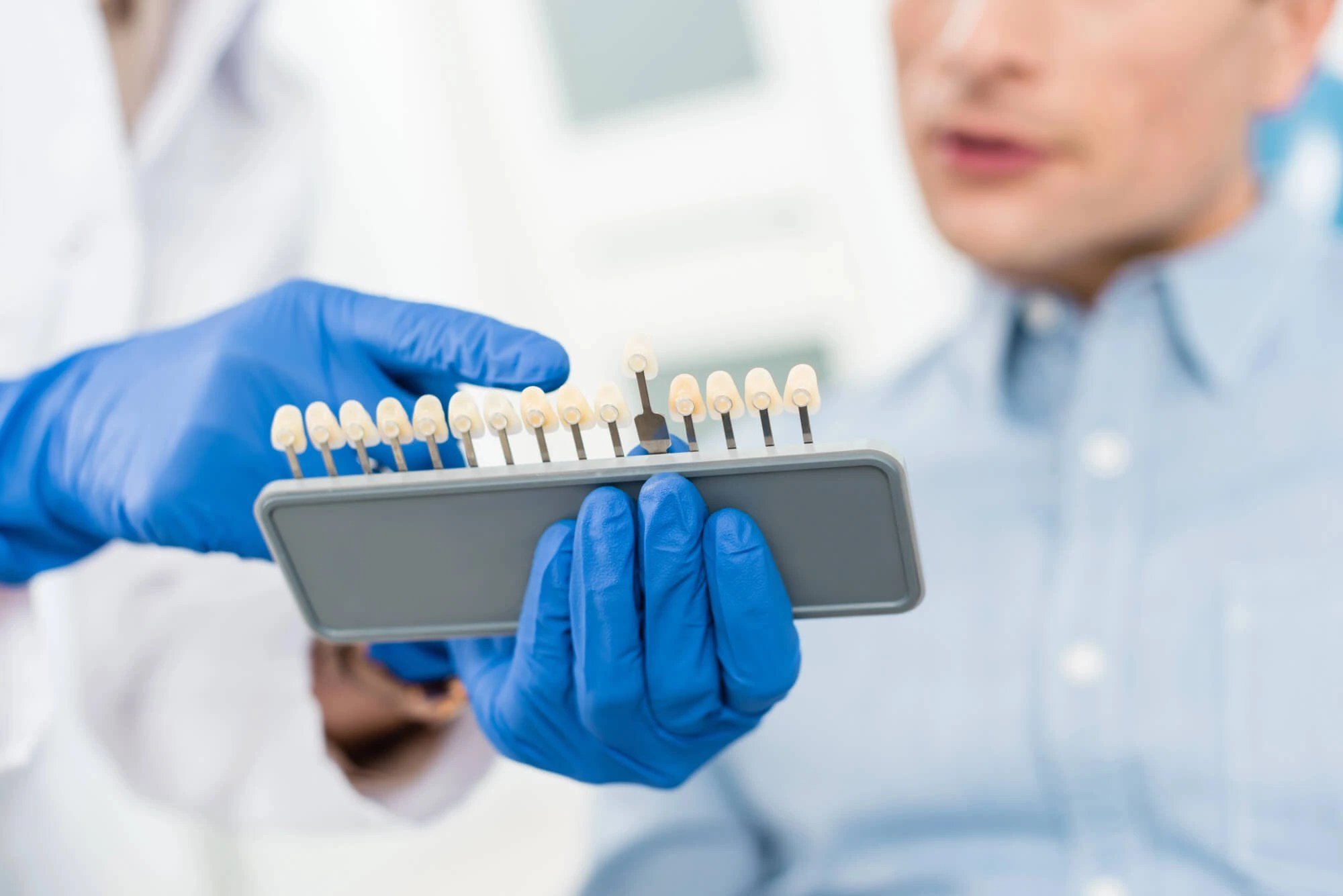Are You a Good Candidate for Dental Implants? Here's What You Need to Know

Implants revolutionized dentistry and changed the lives of millions of patients along the way. Unlike any restorative method explored before, dental implants in Prattville, AL, imitate the structure of a natural tooth—that is, a prosthetic root and a customized crown on top.
While this may seem simple, by doing so, implants achieve stability, durability, and a natural look that’s unparalleled among restorative dentistry. However, for the same reason, implants are limited to patients who are healthy enough to undergo the surgery, and eligibility plays a big role in the procedure’s future success.

What Are Dental Implants?
A dental implant is a small titanium post surgically placed into the jawbone to act as a replacement root for a missing tooth. Once the implant integrates with the bone (a process called osseointegration), a crown, bridge, or denture can be attached to restore the visible portion of the tooth.
Because implants rely on strong bone and healthy surrounding tissue, several medical, anatomical, and lifestyle factors determine whether a person is suitable for this type of treatment. Some of these are:
1. Healthy Gums and Jawbone
One of the most important requirements for dental implant success is to have healthy gums and jawbone.
Implant placement is a surgery that involves making an incision in your gums and inserting a titanium post. Healthy gums free from periodontal disease are essential to reduce the risk of infection and ensure long-term implant success.
Additionally, implants must be surrounded by sufficient bone to hold them securely in place. If bone loss has occurred due to prolonged tooth loss or gum disease, the titanium post won’t attach properly and could become loose or fall.
2. Good General Health
Beyond a healthy smile, candidates should be in generally good health to undergo oral surgery. Conditions that may affect healing, such as uncontrolled diabetes, autoimmune disorders, or active infections, can increase the risk of implant failure.
People with these conditions may still receive implants but should be evaluated and stabilized by a healthcare provider before proceeding.
3. Non-Smokers (or Willing to Quit)
Smoking doesn’t only increase your risk of cavities and gum disease—it’s also the biggest roadblock to getting implants.
The nicotine found in cigarettes restricts blood flow, which impairs healing and increases the risk of infection and implant failure. Smoking during the osseointegration process can be especially damaging to the implant foundation.
While smokers are not automatically disqualified, many dentists recommend quitting smoking before, during, and after surgery to improve outcomes.
4. Missing One or More Teeth
Implants can be an option for people missing one, two, or an entire row of teeth. On top of the titanium post, you can attach an individual crown, a bridge, or a full arch denture (this last one needs to be connected to 4 to 6 implants for a stable foundation, of course)
For that reason, implants are a long-lasting and natural-looking solution for patients at all levels of tooth loss.
5. Fully Grown Jaw
Dental implants are not typically recommended for children or teens, as their jawbones are still developing. Most candidates should be over 18 years of age, or their growth should be complete, before considering implants.
6. Commitment to Oral Hygiene
Implants are a dependable long-term solution for missing teeth because of their amazing long-term success—in fact, they have a success rate of about 95% in healthy people.
However, to achieve those numbers, excellent oral care is crucial. A good candidate must be committed to:
- Daily brushing and flossing
- Regular dental checkups
- Following post-operative care instructions
Poor oral hygiene can lead to infections such as peri-implantitis, a condition similar to gum disease that affects the tissues around the implant.
7. Realistic Expectations
A good candidate understands both the benefits and limitations of dental implants.
Implants can greatly improve function, appearance, and quality of life, but they are not an instant fix. The process can take several months from implant placement to final restoration, and it may involve multiple appointments and procedures, so being committed to going all the way is crucial.

Who May Not Be a Good Candidate?
We’ve been over what makes a good candidate, but who might not benefit as much from implant dentistry?
1. Severe Bone Loss
People with extensive bone loss may not have enough support for an implant. While there are treatments available to improve bone density, such as bone grafts and sinus lifts, patients with certain conditions like osteoporosis may not face successful outcomes even with these options.
2. Untreated Gum Disease
Active gum disease must be treated before implants can be placed. The presence of infection increases the risk of implant failure and can compromise surrounding tissue.
3. Uncontrolled Chronic Illnesses
Conditions such as uncontrolled diabetes, immunological issues, or bleeding disorders can interfere with healing and implant integration. While they don’t make implants impossible, these conditions must be managed carefully in consultation with a doctor before surgery.
4. People Taking Certain Medications
Medications that affect bone metabolism, such as bisphosphonates (used for osteoporosis or cancer), may impact the success of implant surgery. Full medical disclosure is essential during your implant consultation.
5. Bruxism
Patients who grind or clench their teeth excessively may place too much pressure on an implant, risking failure. A night guard or bite adjustment may be needed to protect the restoration in the long term.
I Meet Some of These Conditions—Does That Mean Implants Aren’t an Option for Me?
Dental implants are an excellent solution for replacing missing teeth, but not everyone is automatically a candidate. Nevertheless, failing to meet initial conditions doesn’t mean implants will never be an option.
Many modern techniques can make implants possible in the future. For example, bone grafting helps restore lost bone, gaining the solid foundation needed for dental implants. On the other hand, scaling and root planing are effective treatments for managing gum disease.
If dental implants are something you’d like to explore, consult with a dental professional. We will thoroughly evaluate your oral and medical health, take diagnostic imaging, and work together to develop a treatment plan tailored to your unique needs.

Considering Dental Implants in Prattville, AL? Consult a Professional!
Dental implants are one of the most advanced and reliable solutions for replacing missing teeth. They offer a permanent, natural-looking alternative to dentures or bridges, helping restore your smile's function and aesthetics.
However, not everyone is an ideal candidate for dental implants. If you’re in doubt, a dentist at Glynwood Dental can help. Contact us today, and let’s work hard together to make implant dentistry possible for you!
.webp)

.png)
